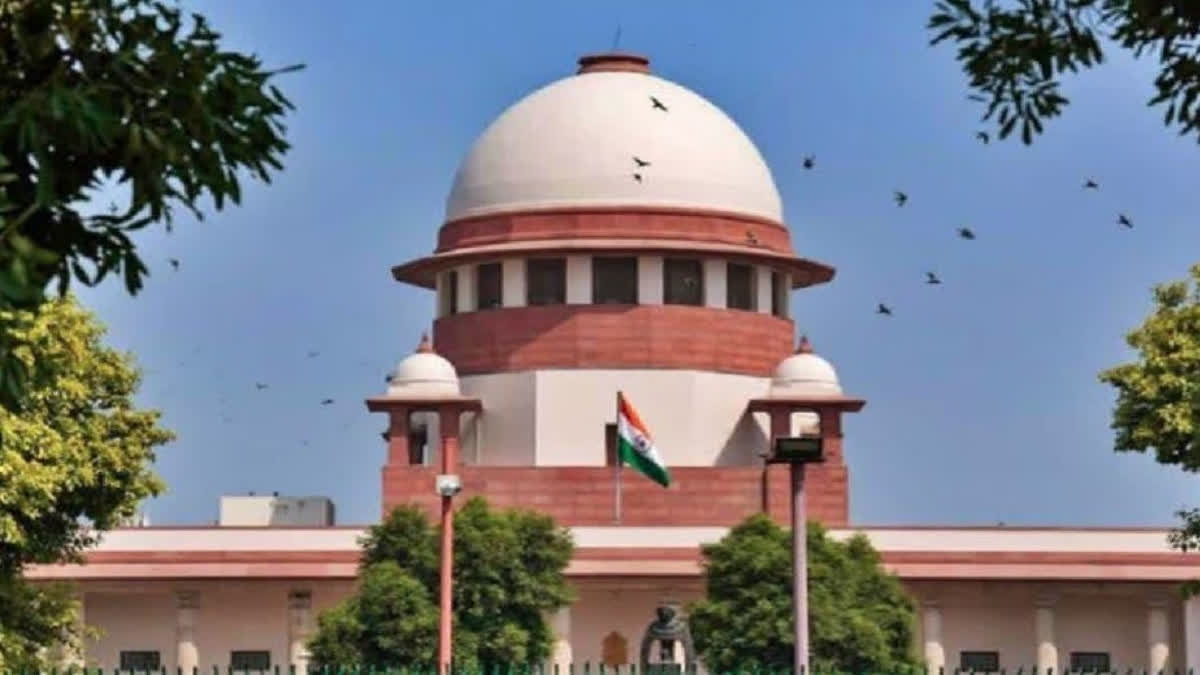New Delhi: The Supreme Court on Wednesday said the justice delivery mechanism cannot be oblivious of the plight of the indigent convicts who are unable to provide local surety, while directing the release of a convict who remained incarcerated despite securing a bail order in May 2024.
The apex court stressed that it would be a travesty of justice if the petitioner is unable to secure the benefit of bail order for his inability to furnish local surety.
Advocate Neha Rathi represented the petitioner Ramchandra Thangappan Aachari and the Maharashtra government was represented by advocate Abhikalp Pratap Singh.
A three-judge bench comprising Justices Hrishikesh Roy, Sudhanshu Dhulia, and S V N Bhatti said the petitioner was convicted and notice only on the question of sentence, on his petition challenging the High Court’s order was issued by the apex court on March 4, 2024. On May 3, 2024, when it was pointed out that the petitioner had been in custody for nearly five years out of the sentence of ten years imposed upon him, bail was granted to him on terms and conditions to be imposed by the trial court.
The petitioner’s counsel submitted that although the bail order was passed on May 3, the petitioner continues to languish in the Kolhapur Central Prison and the reason for not getting the benefit of the bail order is because the petitioner was unable to furnish local surety.
"The justice delivery mechanism cannot be oblivious of the plight of the indigent convicts who are unable to provide local surety. For their incapacity to meet the bail terms, the applicant continues to languish in jail notwithstanding the bail order passed in his favour as far back as on May 3”, said the bench, in its order.
The petitioner’s advocate, in the context of the 10-year sentence imposed on the applicant, referred to the custody certificate, dated November 9, 2023, of the senior jailer of the Kolhapur Central Prison to point out that as on today, her client has been in actual custody for seven years and one month.
“It would be a travesty of justice if the petitioner is unable to secure the benefit of bail order for his inability to furnish local surety. This will infringe the rights guaranteed under Article 21 of the Constitution for the person, who continues to be detained despite a bail order in his favour”, said the bench.
The bench, considering the circumstances in the case, said it will be appropriate to release the petitioner on bail on his personal bond without insisting on local surety, to ensure compliance with this court’s bail order.
The petitioner was convicted under various sections of the Protection of Children from Sexual Offences (POCSO) Act, 2012, and sentenced to ten years of rigorous imprisonment. The Bombay High Court dismissed his appeal against conviction. He moved the apex court against the High Court order.
Read More




